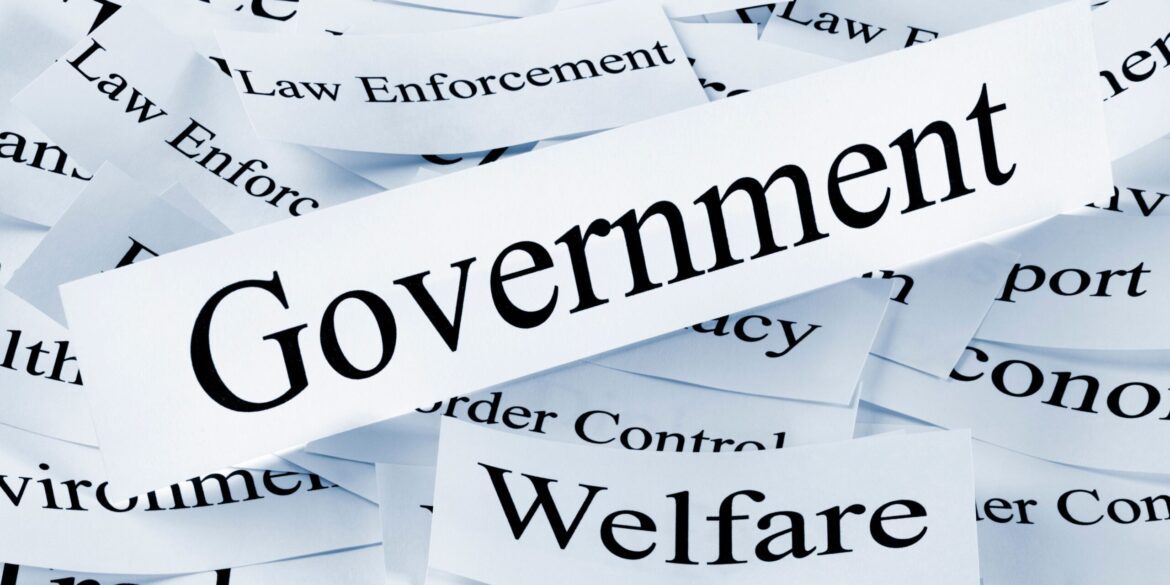Austin, TX, USA – On April 22, 2024, Texas Republicans unveiled a new welfare reform package aimed at reducing long-term dependency on state assistance by implementing stricter eligibility criteria and expanding work requirements. The proposal, which is supported by Governor Greg Abbott and Texas Lieutenant Governor Dan Patrick, would require recipients of Temporary Assistance for Needy Families (TANF) and food assistance to participate in job training programs, full-time employment, or community service in order to maintain eligibility for benefits. The legislation has generated significant attention as debates over the role of government in providing social safety nets intensify ahead of the 2024 elections.
Governor Abbott, who has long championed welfare reform, expressed confidence that the proposal would encourage individuals to transition from public assistance to self-sufficiency. “This bill is designed to ensure that welfare is a temporary safety net, not a permanent lifestyle,” Abbott said during the announcement. The proposed bill would impose stricter work requirements, including a mandatory 30-hour workweek for adults receiving TANF benefits, as well as the expansion of job training and educational opportunities for recipients. Abbott emphasized that the bill also provides resources for individuals to improve their employment prospects, such as childcare subsidies for working parents.
Lieutenant Governor Patrick framed the reform as a necessary step to address the growing concerns about dependency in Texas. “We are offering a hand-up, not a handout,” Patrick said. “This proposal will encourage self-reliance and ensure that government assistance goes to those who are working toward a better future.”
The proposal has drawn strong support from conservative lawmakers and organizations, including the Texas Public Policy Foundation, which has long advocated for stricter work requirements for welfare recipients. The Foundation’s Executive Director, Kevin Roberts, praised the legislation, calling it “a step toward a healthier, more self-sufficient Texas.”
However, the bill has faced opposition from Democrats and advocacy groups, including the Texas Democratic Party, which argues that the legislation could disproportionately affect vulnerable populations. State Representative Gina Hinojosa, a vocal critic of the bill, warned that it could push struggling families further into poverty. “This proposal will make it harder for people to escape poverty, especially single mothers and those with disabilities who may face significant barriers to employment,” Hinojosa said.
Polling data from a recent University of Texas survey shows that 53% of Texans support stricter work requirements for welfare recipients, particularly in rural areas where conservative values around self-sufficiency hold greater sway. In contrast, 47% of urban voters, especially those in Austin and Dallas, expressed concerns that the bill could have negative consequences for low-income families and individuals with disabilities who face barriers to full-time employment.
As the welfare reform package moves through the Texas legislature, it remains to be seen whether it will pass in its current form. While Republicans have the majority in the state Senate, the proposal faces hurdles in the House, where Democrats are likely to push for amendments to make the bill more inclusive of vulnerable Texans. If the bill is enacted, it could serve as a model for other Republican-led states seeking to reform their welfare systems and reduce long-term dependency.

